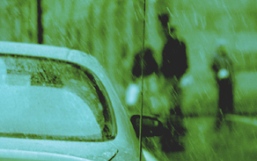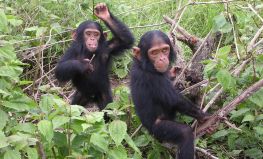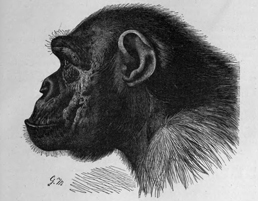Navigating With Smartphones
A combination of smartphones, GPS and radar could help the blind navigate the cities of the future.


A combination of smartphones, GPS and radar could help the blind navigate the cities of the future.

SCIENCE OF SOCIETY - Do wealthier people tend to have fewer scruples? The social costs of mass incarceration. Seeing-eye smartphones for the blind. And, new evidence calls an accepted tenet of science into question. Also: how to make plastic from plants.

NEW MEDICINE - A rare mutation that protects people from diabetes and cancer. How the pancreas "tastes" sugar. And a new implantable microchip that delivers an osteoporosis drug. Also: chimpanzees may yawn for the same reason humans do.

ALL ABOUT LANGUAGE - Neuroscientists are beginning to reconstruct what we've heard by listening to brainwaves, how scientists measure language delays around the world, using technology to keep endangered languages vibrant, and a musical instrument that allows you to sing...with your hands, Also: decoding the secret language of worms.
New fabric coatings could allow clothes to clean and disinfect themselves simply by hanging out in the sun.
Researchers have created a combination of fool’s gold and silicon that could be used to make inexpensive solar cells.
Scientists have designed a pacemaker that restarts the heart with light instead of electricity.
Improved artificial muscle fibers can twist at high speeds while carrying heavy loads.

FEAR, LIES & SHRINKING BRAINS - Why our brains shrink, but chimps' don't, why computers are better at spotting lies than we are, and an enzyme for fear. Also, medical electronics that resemble tattoos, and how organic chicken farms could be a boon to public health.

WATER EVERYWHERE - Astronomers have discovered the largest cache of water ever, and researchers are developing new software for detecting contamination of municipal water supplies. Also: Round robots to help safeguard nuclear power plants.
The mating calls of an insect called the water boatman are much louder than expected given the bug’s diminutive size.
